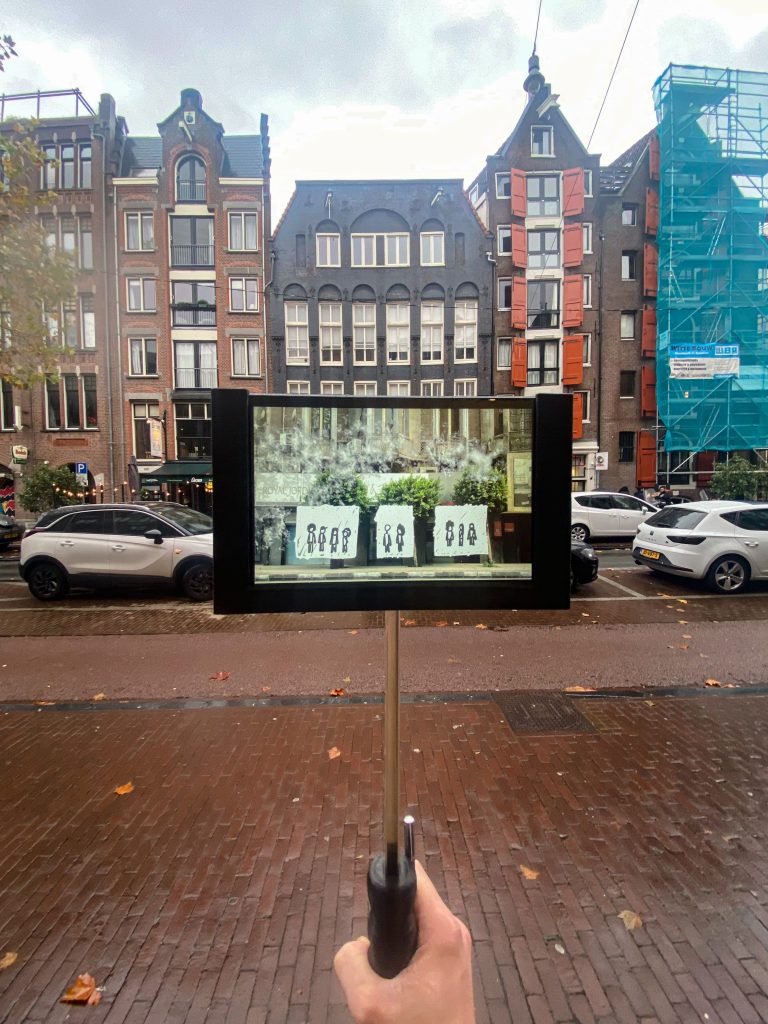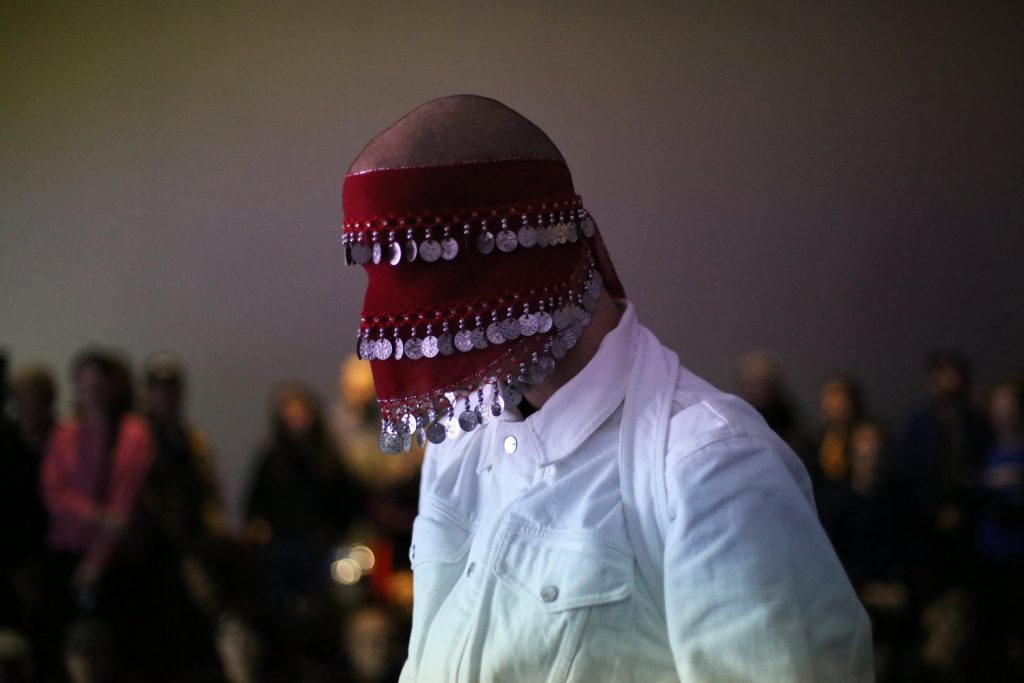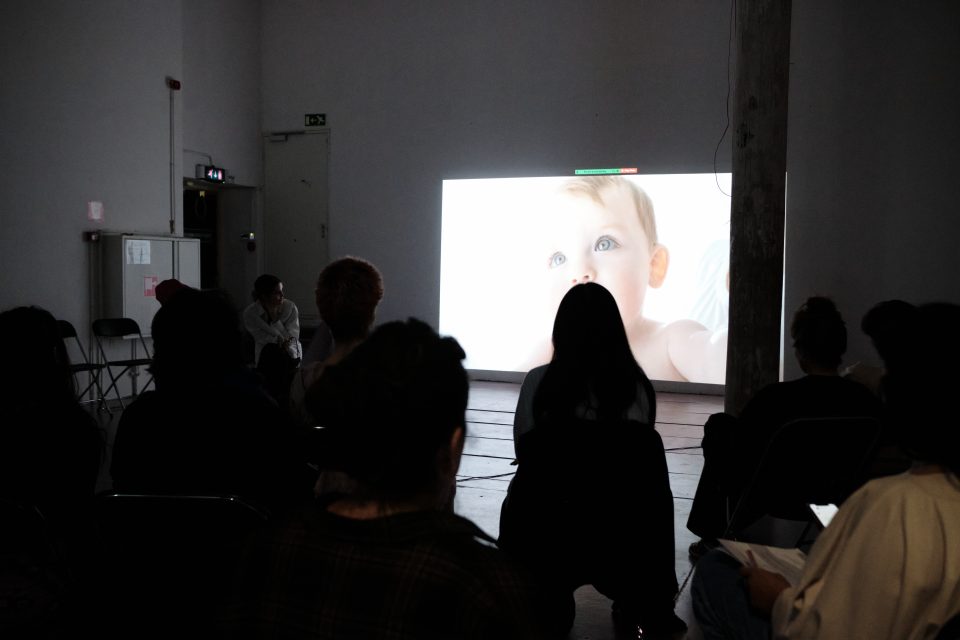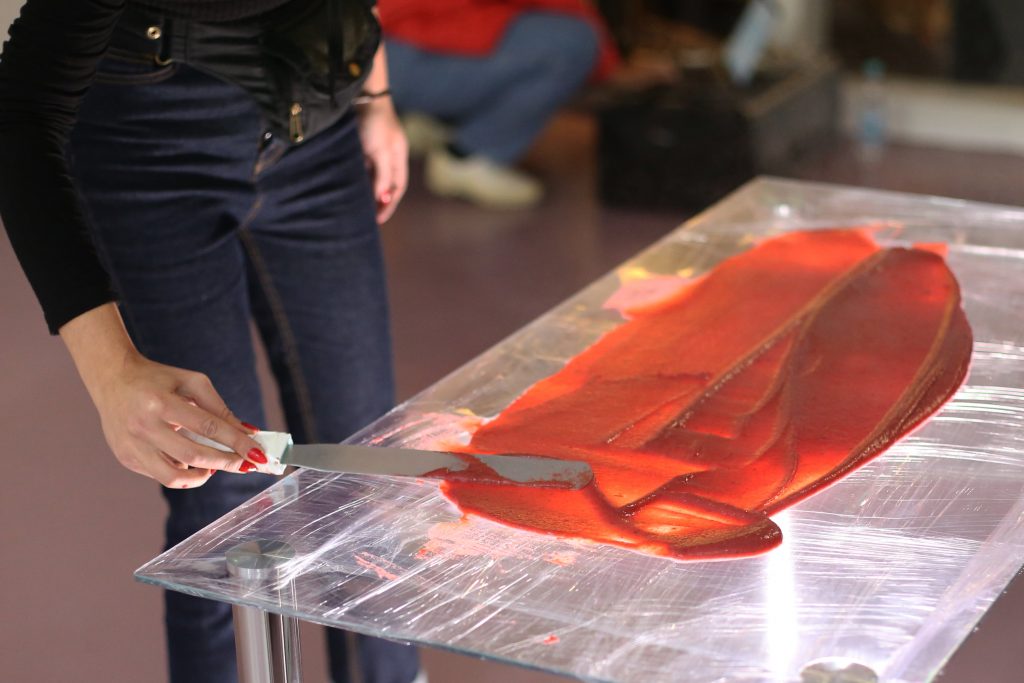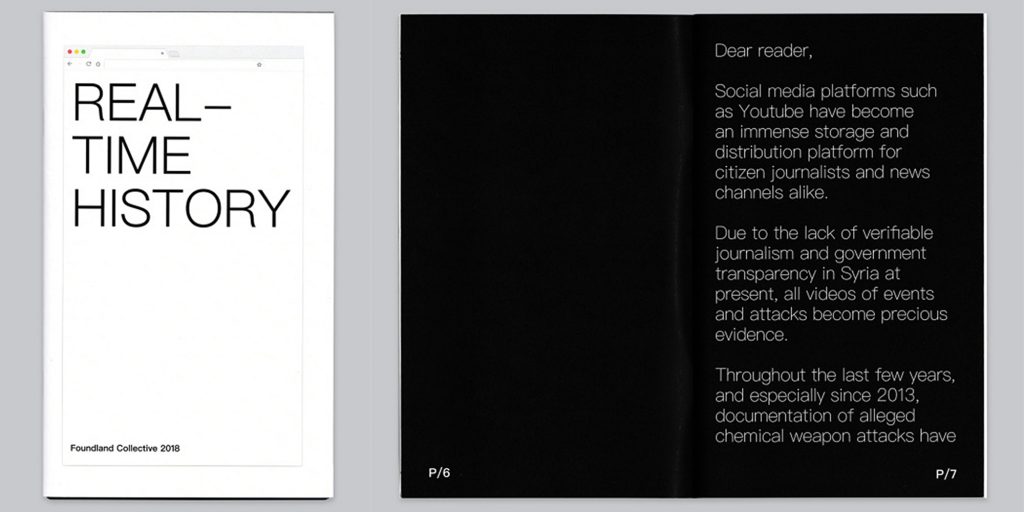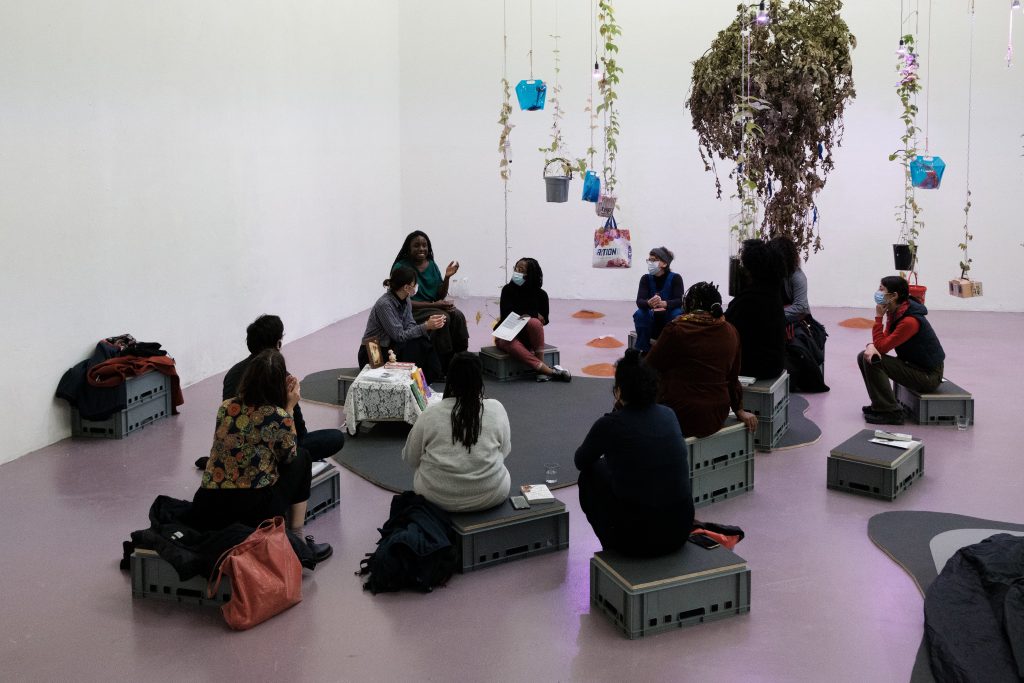That Those Beings Be Not Being
Our contemporary moment is saturated with the politics of polarisation and dichotomist thinking—with us- or -against us-, liberal or conservative, right or wrong, all-or-nothing. Binary thinking often happens when complex ideas and issues are overly simplified into twofold answers. When instead of embracing multiplicity, we are bound into thinking about, and within, fixed categories that don’t evolve over time or adapt themselves to our constantly changing liquid environments.
This tendency of binary thinking has been affecting societies and structures worldwide, across social, political, economic, and ecological lines. The repercussions of dichotomy have become more critical with the accelerated globalised mobility in recent decades, all while the social fabric is being rendered more mixed and heterogeneous. But how are our environments really affected by the politics and tendencies of polarization? What are the strategies necessary for humans and ecosystems to coexist in the shared spaces that we inhabit?
This exhibition and public program brings into dialogue local and international artists who challenge us to move beyond the trappings of binary thinking, into intervening, overlapping, and intersecting spaces—the inbetween, the not-yet-here, the becoming. Working with video, print, sculpture, performance, and interactive environments, their works engage questions around polyvocality and the socio-political complexities of their environment through humour, storytelling, discourse, and the creation of alter egos and fictional spaces.
The title ‘That Those Beings Be Not Being’ is taken from a chapter in Édouard Glissant’s Poetics of Relation, in which he argues that “we must clamor for the right to opacity for everyone”. For Glissant, ‘opacity’ is an unknowability—an alterity that is unquantifiable, a diversity that exceeds categories of identifiable difference and resists hypervisibility and the drive for total vision.
Photography by Pieter Kers.
Curatorial text (pdf)
About the works (pdf)
He says: I am from there, I am from here,
but I am neither there nor here.
I have two names which meet and part…
I have two languages, but I have long forgotten
which is the language of my dreams.
Mahmoud Darwish


